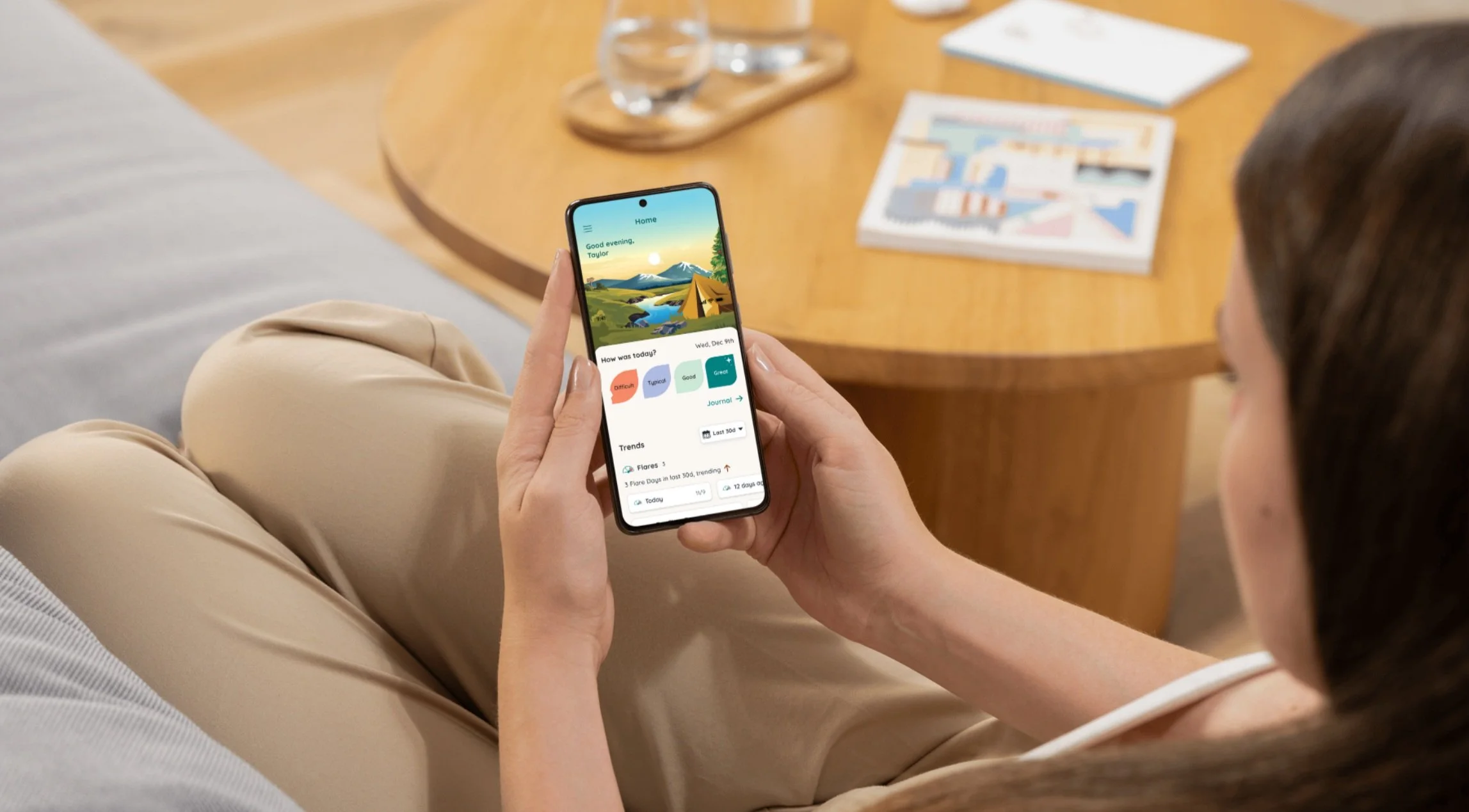Managing Flares Around the Holidays: Prioritize Your Health with These Simple Tips
Ah, the holidays—one of the most joyful yet demanding times of the year. They have this special way of making you feel so inclined to partake in all the festivities while maintaining a holly jolly smile on your face at all times. However, when you’re living with a chronic condition, the holidays may not be what they once were, and finding a way to preserve your peace deserves to stay a top priority, even in this busy time of year. While this is true for all adults, those with a chronic condition know the pressure of a busy holiday schedule can trigger flare-ups that make it nearly impossible to enjoy time with friends and family. Managing these flares will be key to making it through the holidays—this year and for years to come.
5 Tips for Managing Flares This Holiday Season
While we know everyone is different and what works for one person won’t necessarily work for another, we hope these tips help you manage the challenges that can arise during the holiday season and prioritize your well-being, so you can enjoy the festivities without compromising your health.
1. Saying “no” also means saying “yes”
If you're not up to it, saying no is perfectly fine. It’s easy to feel guilty about declining invitations to parties and gatherings, but try to look at it this way – you’re saying no to something either way. If attending will negatively impact your health, you’re saying no to prioritizing your health and well-being. If it’ll make you feel more at peace with your decision, you can offer your support in other ways, like making a dish or helping with decorations. Remember, it's okay to say no without offering an explanation. Your health is your priority.
2. Manage expectations
You may feel able to attend an event, but staying the full three hours might be too much. Let the host know you’re excited to stop by but may need to leave early. Setting clear expectations can help prevent any stress or discomfort, both for you and the host.
3. Create your own flare tool kit
Everyone's triggers are different, so having a flare tool kit tailored to you is essential. Whether it's a heating pad, tea, stretching, meditation, journaling, or even coloring, make sure you have what you need to help you manage your symptoms. When you’re already exhausted from overextending over the holidays, having this kit ready to go can offer just the relief you need.
4. Practice kindness and self-compassion
The holidays are hard enough without us adding fuel to the fire. It’s normal to feel that pang of guilt we place on ourselves when we turn down an invite. We want to be there, but it's crucial to listen to our bodies. Sometimes simply being aware that we may feel that guilt creep in is enough to be mindful of it, and allow the feeling to pass. Remind yourself that you said no for good reason, and you deserve to be your top priority. Return to what makes you happy—watch your favorite movie, enjoy a bubble bath, or use your flare tool kit to practice self-compassion and reduce stress.
5. Track your symptoms
Tracking your symptoms might not yield immediate results, but it can help you identify patterns and triggers. Here’s a great article about how to identify triggers for lupus, but the principles can be applied to any chronic condition. By logging your symptoms and activities, you’ll be able to identify what leads to flare-ups and better manage future events or stressful times. Understanding the root causes will allow you to anticipate and prevent flares during busy holiday seasons.
Finding Balance
The holidays don’t have to be a source of stress or frustration. By taking proactive steps to manage your flares and listening to your body, you can navigate this season with more peace and enjoyment. It’s important to remember that prioritizing your health doesn’t mean missing out on the holiday magic. With the right tools, you can make the season more manageable, leaving you free to enjoy moments with loved ones without the worry.


